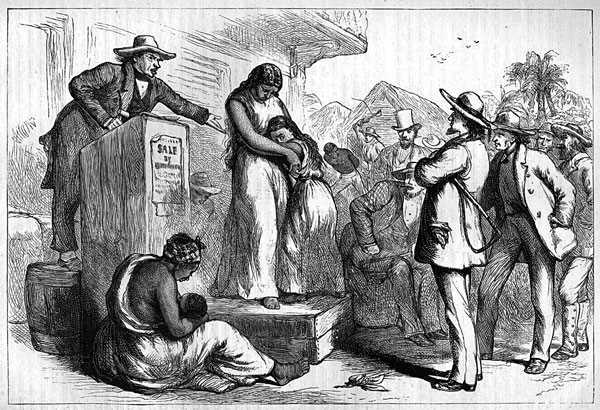At the point when American settlers waged war in a fight for autonomy beginning in 1775, that battle for flexibility prohibited a whole race of individuals—African-Americans. On November 12, 1775, General George Washington proclaimed in his requests that "neither negroes, young men unfit to remain battle ready, nor old men" could enroll in the Continental Army.
After the fight, Lord Dunmore, the illustrious legislative head of Virginia who had been compelled to escape the capital of Williamsburg and shape an administration in a state of banishment on board the warship HMS Fowey, requested the British standard raised before making a startling declaration. Without precedent for open, he formally read a decree that he had issued the earlier week allowing flexibility to the slaves of renegades who got away to British guardianship.

Much like Lincoln's Emancipation Proclamation, be that as it may, Dunmore's Proclamation was constrained in scope. Cautious not to distance Britain's white Loyalist partners, the measure connected just to slaves whose bosses were in resistance to the Crown. The British frequently returned slaves who filed from Loyalist aces.
Dunmore's Proclamation roused a large number of slaves to hazard their lives looking for opportunity. They swam, puppy paddled and paddled to Dunmore's skimming government in a state of banishment on the Chesapeake Bay so as to discover insurance with the British powers. "By mid-1776, what had been a little stream of getting away slaves currently transformed into a downpour," composed Nash. "Throughout the following seven years, subjugated Africans mounted the best slave disobedience in American history."
Among those slaves rushing toward opportunity were eight having a place with Peyton Randolph, speaker of the Virginia House of Burgesses, and a few having a place with loyalist speaker Patrick Henry who clearly took his well-known words—"Give me freedom, or give me demise!"— to heart and fled to British guardianship. Another runaway who discovered haven with Dunmore was Harry Washington, who got away from Mount Vernon while his popular ace drove the Continental Army.
Dunmore put these "Dark Loyalists" in the recently shaped Ethiopian Regiment and had the words "Freedom to Slaves" weaved on their uniform scarves. Since got away slaves outfitted with firearms mixed dread even among white Loyalists, Dunmore appeased the slaveholders by principally utilizing the runaways as workers building fortifications, extensions, and trenches and taking part in exchanges, for example, shoemaking, blacksmithing, and carpentry. Ladies filled in as medical attendants, cooks, and needleworkers.
As labor issues developed more critical as the war advanced, nonetheless, the British armed force turned out to be more agreeable to equipping runaway slaves and sending them into a fight. General Henry Clinton sorted out an all-dark regiment, the "Dark Pioneers." Among the several runaway slaves in its positions was Harry Washington, who rose to the rank of corporal and took an interest in the attack on Charleston.
As indicated by Maya Jasanoff in her book "Freedom's Exiles: American Loyalists in the Revolutionary World," around 20,000 dark slaves joined the British amid the American Revolution. Interestingly, students of history gauge that lone around 5,000 dark men served in the Continental Army.